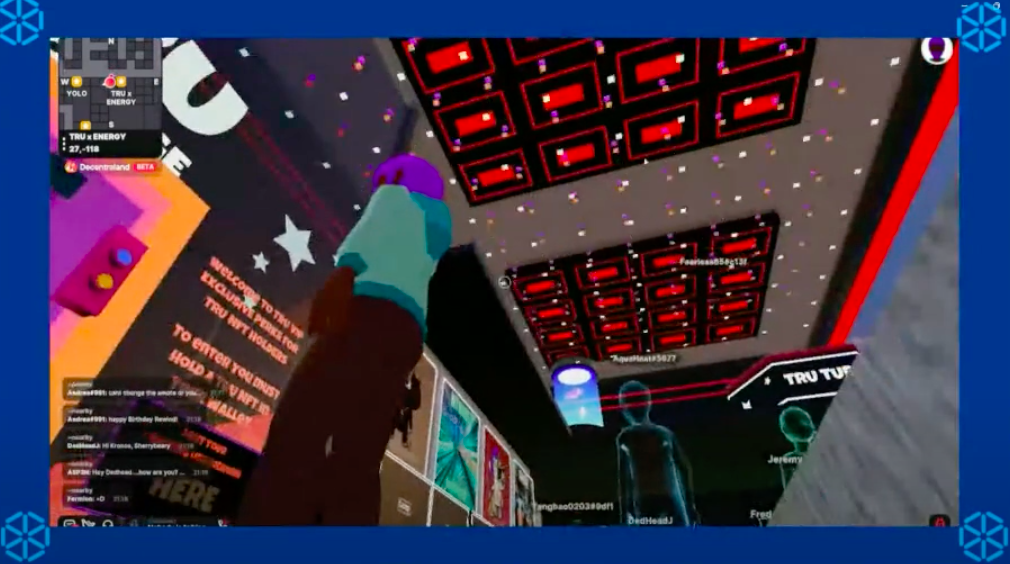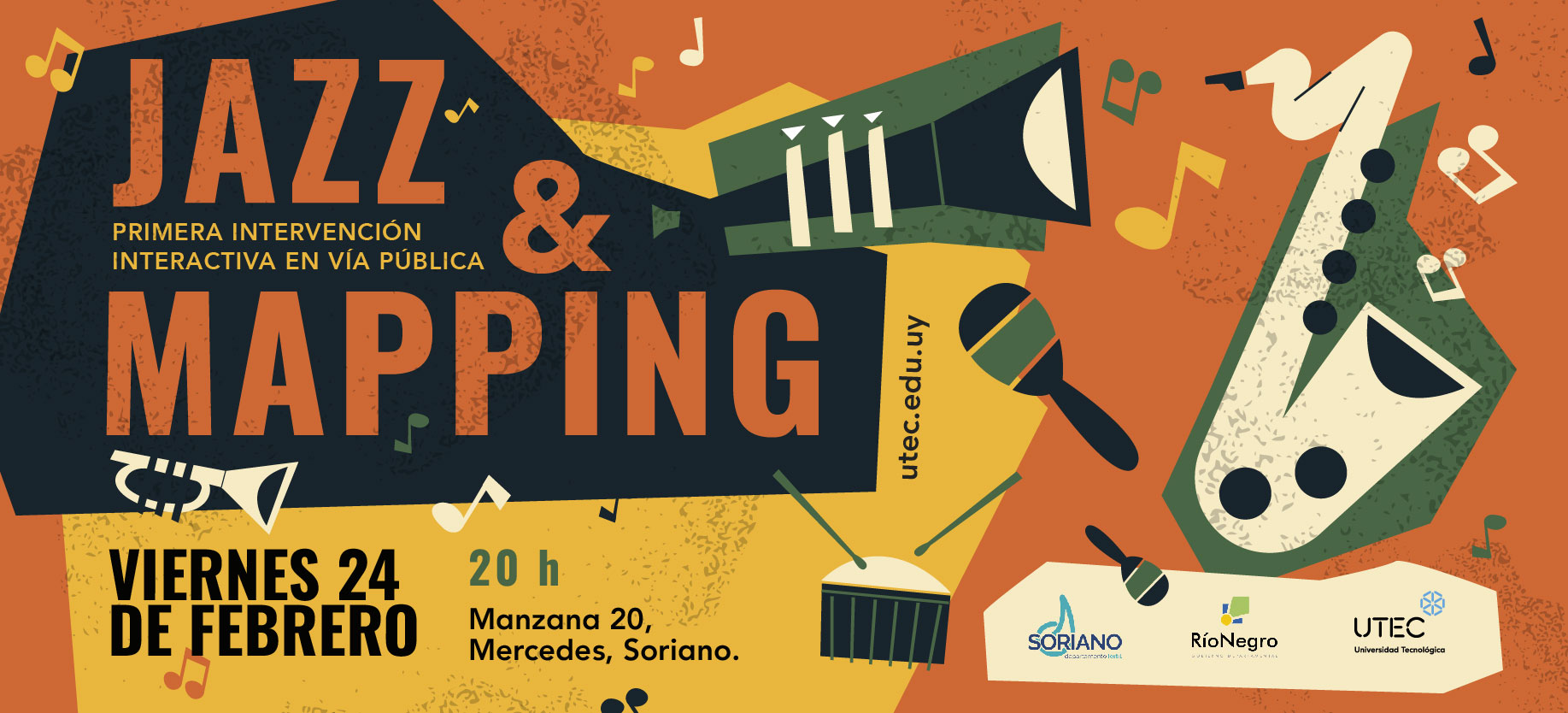Wrap-up of the first edition of the Digital Citizenship Program.
This first edition took place during eight weeks and was open to the whole
community, with the objective of training people to increase their confidence,
empowerment, meta-cognition and security in the digital world.
In addition, it aimed to offer opportunities to explore and develop the necessary digital
competences and skills for the current educational and professional landscapes.
The participants were able to develop the following competences: Cryptocurrencies,
Digital Democracy, Carbon Footprint, Gender, Metaverse and Digital Culture, 4.0
professionals, Digital Communications, among others.
Some of the participants showcased their final projects in the Decentraland metaverse,
like Kevin de Mora, whose final project was an in-depth exploration of the inner
workings of this metaverse. Approaching the political aspect and financial decentralization of web 3.0, he expressed he would like to own a parcel there to set up
“something related to information that can help visitors learn while they play.”
Then it was the turn of Nicole Pérez, whose project proposed a tour over the metaverse,
visiting several available events: “I wanted to visit different events in the metaverse and
see how I felt… how people feel and how they organize each event. I became really
interested in the decision-making and the organization behind the different events that
are currently available in this universe.”
Professor Ana Gabriela Martínez also participated with her own project. She showed a
tour over an art museum where we could learn about the work of different artists and
she even showed the possibility of acquiring artwork as NFT. According to Ana, “I
focused on what I could do in Decentraland, but what interests me the most is what I
can share with my students in the future…”
The fourth project was presented by Rodrigo Pezado, a UTEC student who targeted
globalization and cultural exchange. “What cultural changes could digitalization bring?
The metaverse could lead us to globally connect different nations, that is, to explore
new cultures by interacting through avatars from different regions and get to know
different preferences in all kinds of activities.”
Hernán Cabrear, a UTEC IT student, explored the creation of Avatars in the metaverse
and became surprised by the wide range of possibilities offered by the metaverse. After
creating his avatar, he visited the event of the Hall of Fame, where he entered a
dancefloor with other people and showed how some spaces are for the exclusive access
of users with NFT tickets. He also explored the importance of cybersecurity. In his own
words, “the digital footprint is important and we are learning to recognize things that
can be dangerous in the metaverse.”
Lastly, lawyer Fabricio de la Rosa presented his field study related to conflict-resolution
strategies in the Metaverse. In this final work, he used his professional skills, acting as a
true 4.0 professional. Fabricio affirmed: “I thought about talking about problems, since
that’s my bread-and-butter. However, I wasn’t able to conduct an exhaustive research
on how problems are solved [in the metaverse]. What obligations and rights do I have in
this new world? We are still not aware of how we should solve conflicts.”
We thank all those who participated in this initiative and we would like to see you next
year in the program’s second edition.




